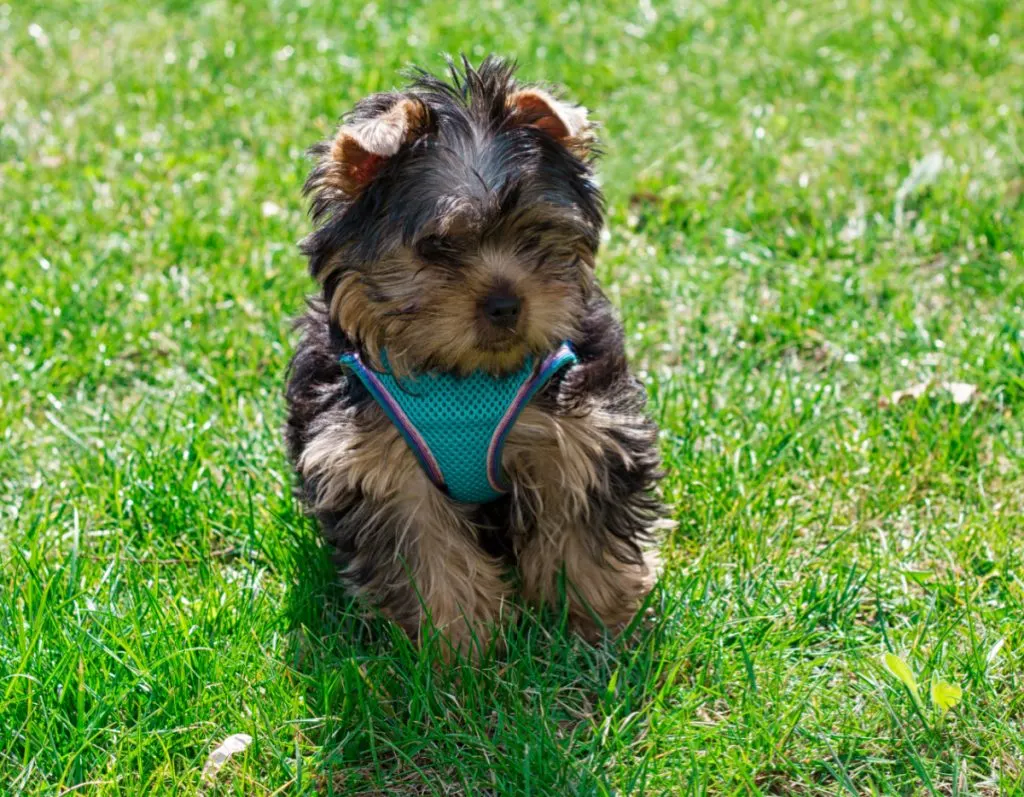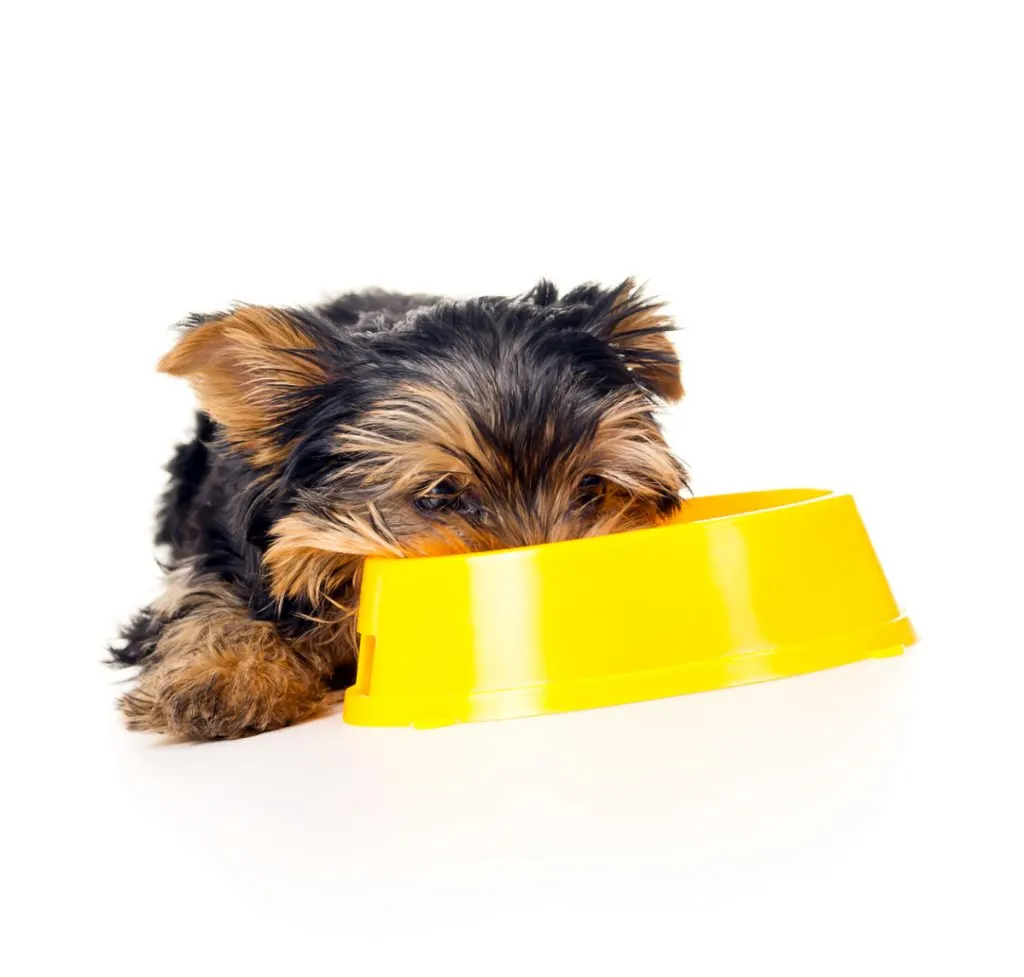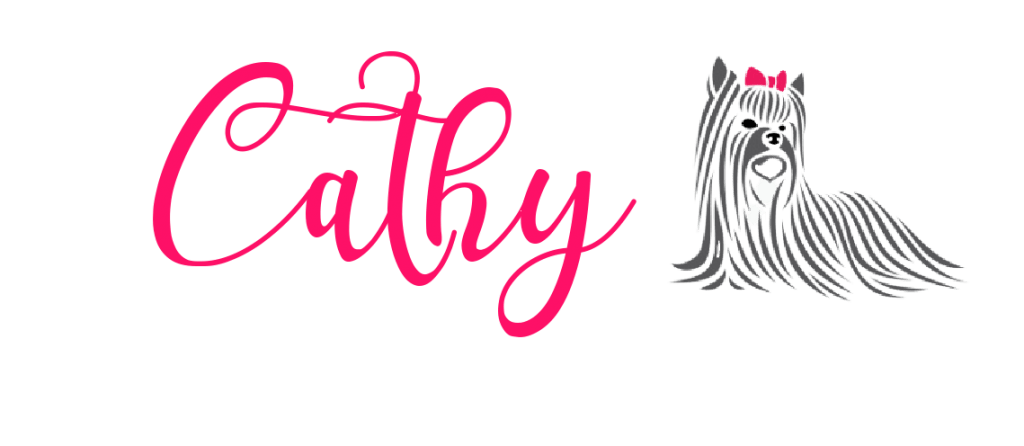Yorkie puppies are super cute and full of life, definitely making their families happy! But, having one means you’ve got to be ready to plan and put in some time.
Having a daily schedule is key to keeping them healthy, happy, and growing right.

New to Yorkie Parenting?
If you’re wondering about the daily routine for your fur baby, you’re in the right place for some advice! Yorkie puppies’ needs change as they grow, so the correct schedule considers their age, size, food, and exercise requirements.
Balancing feeding, grooming, play, and sleep will make your Yorkie thrive! Here’s how you can offer your fur buddy the best care possible!
Understanding Your Yorkie Puppy
Yorkie pups are a delight, brimming with personality and irresistibility! They are confident, crave attention, and are smart. They love playtime but also appreciate relaxing cuddles.
Regular grooming and dental care are essential. Early socialization is crucial, so introduce them to new environments and companions early.
By embracing their unique traits and offering loads of love, you’ll enjoy countless happy moments together!

Creating a Daily Schedule for Your Yorkie Puppy
- Morning Routine: Start with a stroll and potty break, followed by breakfast around 7 or 8 a.m.
- Afternoon Activities: Allow them nap times but intersperse with fun activities and walks for bonding and socialization.
- Evening Schedule: Serve dinner around 5 or 6 p.m., followed by another walk or playtime.
- Bedtime Rituals: A last chance for a potty break and a relaxing bedtime routine help signal it’s time to rest.
Staying consistent with this schedule makes life harmonious for you and your pup!
Feeding Your Yorkie Right
Choosing nutritious food is vital. Ensure the food is rich in proteins, fats, and carbs, and consult your vet even if you decide to make your own dog food. Stick to regular feeding schedules and gradually shift them from nursing to solid food around 4-8 weeks old.
Here is a feeding schedule for Yorkshire Terrier (Yorkie) puppies. However, please be aware that each individual dog may have different requirements, and consulting with a veterinarian is always advised to meet those individual needs accurately.

Yorkie Puppy Feeding Schedule Chart
| Age | Meals Per Day | Dry Food per Meal | Wet Food per Meal | Notes |
|---|---|---|---|---|
| 2-3 months | 3-4 | ¼ cup | 1-1.5 oz | Small, frequent meals are crucial for Yorkie puppies. |
| 4-5 months | 3 | ¼ – ⅓ cup | 1.5-2 oz | You can start reducing the frequency as the puppy grows. |
| 6-12 months | 2-3 | ⅓ – ½ cup | 2-3 oz | Yorkies have small stomachs but high energy needs. |
| 12+ months | 2 | ½ cup | 3-4 oz | Adjust according to the dog’s weight, activity level, and dietary needs. |
Additional Notes:
- Water: Ensure fresh water is available at all times.
- Food Type: Feed high-quality, nutritionally balanced, and puppy-appropriate food.
- Adjustments: Monitor your Yorkie’s weight, body condition, and overall health and adjust food amounts as needed.
- Treats: Keep treats to a minimum and consider them as part of the overall daily food intake.
- Veterinary Advice: Consult your veterinarian for a feeding schedule and diet tailored specifically to your Yorkie puppy’s individual needs.
This chart is just a guideline, and actual feeding may vary depending on the puppy’s health, activity level, and preference. It’s also important to read the feeding instructions on the dog food packaging, as different brands and types of dog food have varying nutritional content and serving suggestions.
Avoid sudden food changes and human snacks, instead, stick to wholesome treats made for puppies.

Exercise and Play: Fun and Essential
Approximately 30 minutes of daily exercise through walks or play keeps your Yorkie in shape. Bond over games like fetch and ensure they have plenty of toys. A safe play area with various toys and clean surroundings is essential.
Potty Training and Housebreaking
Consistency in potty break and crate training is crucial. Regular bathroom breaks, positive reinforcement, and maintaining a relaxed routine will have your pup trained efficiently, forging a strong bond along the way!
Health and Nutrition
Beware of common health issues like hypoglycemia and dental problems. Regular, balanced meals and dental care are essential. Avoid overfeeding; instead, measure meals and keep them active.
Caring for a Senior Yorkie
As your Yorkie ages, their needs change. Adjust their diet and exercise routine according to their changing energy levels and health needs. Keep an eye on their comfort and consult the vet regarding any changes in diet or supplements.

Final Thoughts
Yorkies are wonderful companions, and understanding their needs at each stage of life ensures they remain happy and healthy. Embrace their unique personalities, maintain a balanced routine, and enjoy every moment with your adorable furry friend!
Frequently Asked Questions
Yorkie puppies should be fed two meals per day, typically one in the morning around 7 or 8 am and the second one in the evening around 5 or 6 p.m. when you return from work. As they grow older, their eating habits may change, so be sure to monitor their progress and adjust their feeding schedule accordingly.
Yorkie puppies typically need 15-20 hours of sleep per day, which usually consists of longer naps during the day and shorter naps during the evening. It’s essential to establish a consistent bedtime for your puppy and provide them with a quiet and comfortable sleeping environment. Consider crate training to create a safe space for them to sleep in.
To adapt your Yorkie puppy’s routine to your work schedule, adjust their feeding, sleeping, and potty breaks to fit both of your timetables. For example, you can feed your pup and take them outside for a potty break before you leave for work and again when you return home. Ensure they have a comfortable space to sleep and play while you’re away, and consider hiring a pet sitter or dog walker to visit them during the day if you’re gone for extended periods.
Yorkie puppies require a well-balanced diet that includes high-quality proteins, carbohydrates, fats, vitamins, and minerals. Look for puppy food that is specifically formulated for small breed puppies, as they have different nutritional needs than larger breeds2. Be sure to consult with your veterinarian to discuss the best food options for your pup and monitor their growth and development to adjust their diet accordingly.
For a young Yorkie puppy, it’s generally recommended to take them out to pee every couple of hours or even more frequently. As your puppy grows older and becomes more adept at holding their bladder, you can gradually increase the time between potty breaks. Remember to reward your pup with praise and treats after successful potty breaks to reinforce good behavior.
In addition to feeding, sleeping, and potty breaks, your Yorkie puppy should have daily playtime to stimulate their mind and engage them physically. Regular exercise through walks and interactive toys can help burn off their high energy levels and keep them entertained. Socialization is also essential for a well-rounded Yorkie puppy, so expose them to new people, animals, and environments to build their confidence and ensure they grow up to be a well-adjusted adult .


Cathy Bendzunas
Dog Blogger, Former Dog Groomer
I have adored Yorkies for well over 50 years. As a young adult, I began to show and breed them. Now, I just write about them and have several in my little pack of small dogs.
I have had dogs all my life and have trained as a dog groomer. I also have been a kennel worker, worked in a pet hotel through PetSmart, and still am a pet sitter.
Check out my bio for more information about me.
